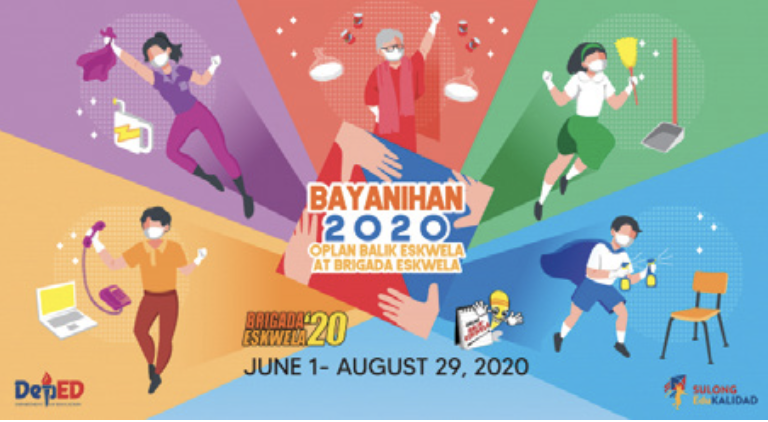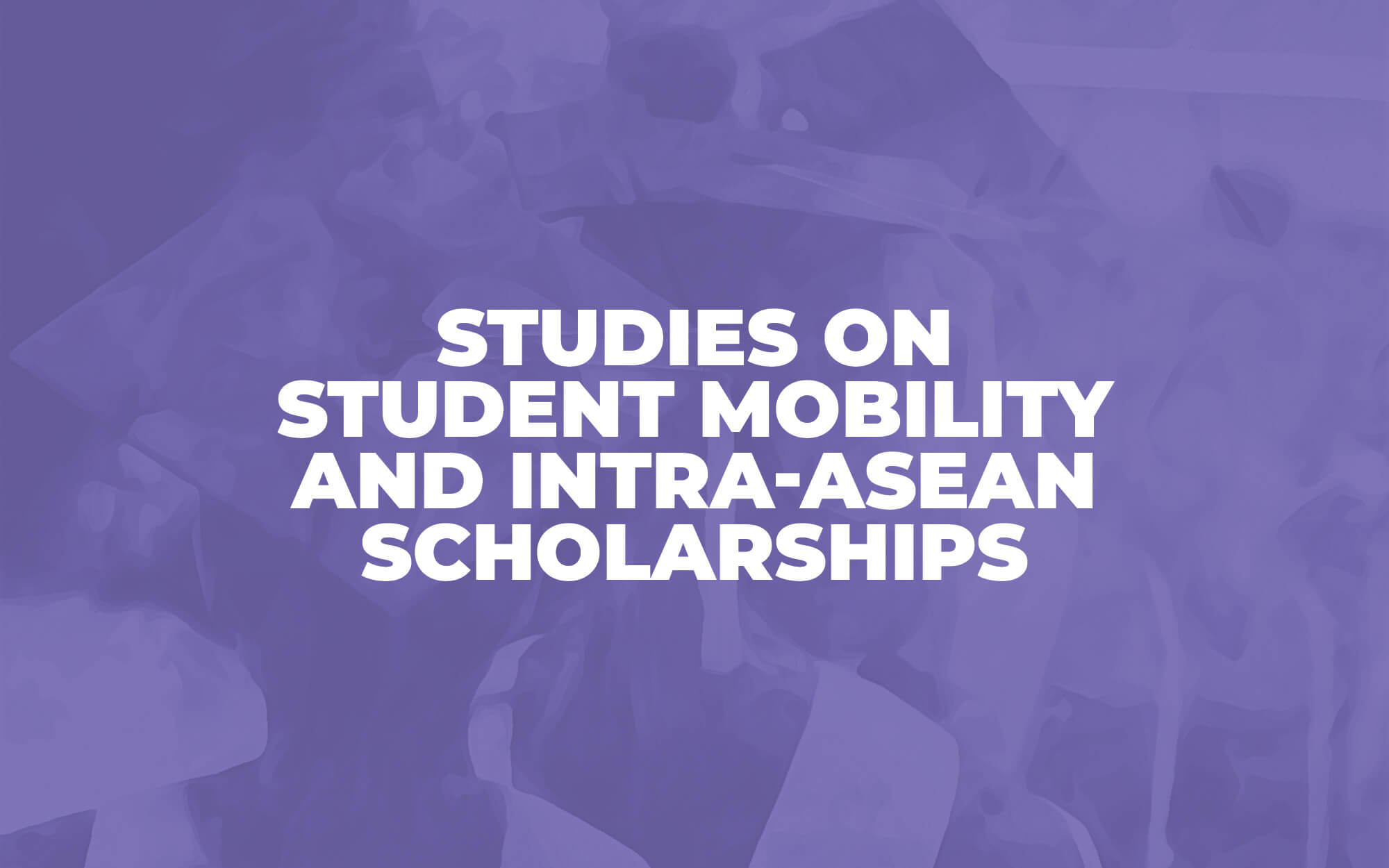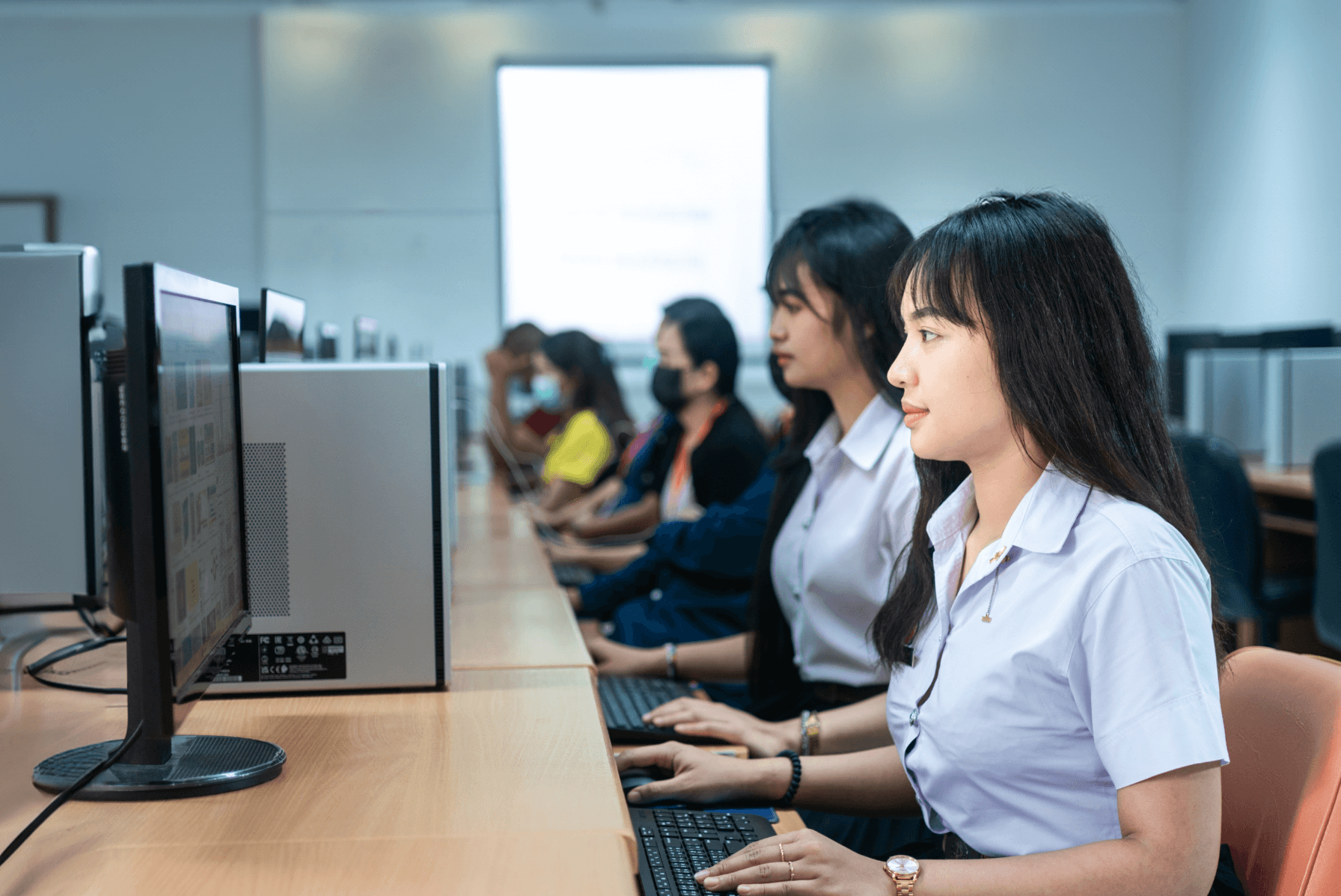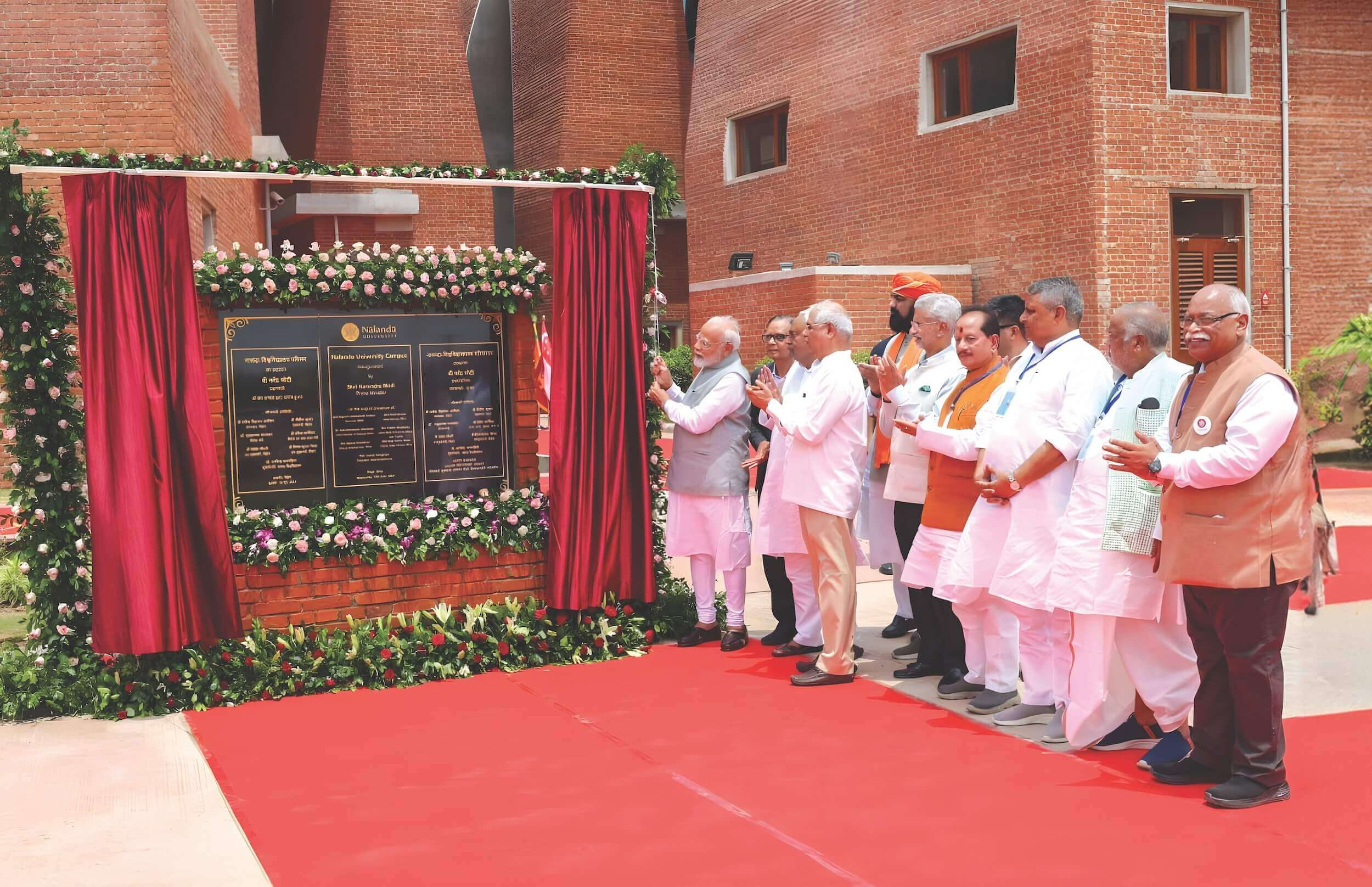



As ASEAN transforms itself to rise up to the challenges of continuous digitalisation brought about by the Fourth Industrial Revolution, the Philippines’ Department of Education ensures that educational mechanisms are in place to sustain lifelong learning opportunities for Filipinos.
Promoting Lifelong Learning in Basic Education
Enshrined in the Philippines’ K to 12 basic education curriculum is the promotion of the 21st-century skills that encompass learning and innovation, effective communication, information and technological and life and career skills. Aptitude in these areas empowers Filipino learners for lifelong learning.
The department’s current curriculum review, which intends to enhance the K to 12 curriculum standards and in particular, the technical and vocational education and training (TVET) standards and competencies, is expected to address the gaps between the acquired knowledge, skills, and abilities of graduates and industry and market demands. The results of the review will allow us to elevate the capabilities of K to 12 graduates as they face the impact of the changing world of work.
Lessons from the Philippine Experience
The Philippines’ K to 12 curriculum is dynamic and flexible. One of the success stories we can share is our evolving technical-vocational and livelihood (TVL) curricular programs. Our programme offerings, for example, include Maritime Specialization, a unique TVL track where individuals strategically situated near shipping industries and who are interested to become part of the maritime industry are provided various opportunities to learn and acquire a range of relevant skills, from navigational and engine watch, to ship safety, to catering services.
Our curriculum also provides for work immersion of senior high school learners so that they develop the requisite competencies, work ethic, and values before joining the world of work. Exposing learners to a real work environment has proven to be highly effective in achieving greater congruence between basic education and the nation’s development targets. It has allowed learners to appreciate the importance and application of the principles and theories learned in school; enrich students’ skills in communication and human relations; and develop good work habits, attitudes, appreciation, and respect for work. Overall, this allows Filipino learners to become ready when they enter the workforce.
Delivering Basic Education Amid a Pandemic
The unprecedented impact of COVID-19 on various sectors of Philippine society pushed the Department of Education to explore creative ways to ensure that learning continues without compromising the safety of our students and teachers. We want our teachers to be able to deliver instruction in a safe work and learning environment. The Basic Education– Learning Continuity Plan guarantees that learning is uninterrupted by carrying out K-12 curriculum adjustments, aligning learning materials, implementing learning delivery modalities, and providing corresponding teacher and parent/ guardian training.
Digital divide challenges due to the school’s (as well as students’) lack of technological hardware and infrastructure are being addressed through the development and production of Alternative Learning Delivery Modules to be distributed to all learners across the country. The synergy between the department and its stakeholders proved to be a rallying leverage in educating the 28 million Filipino learners.
Meantime, to contribute to the mental/psychological well-being and social development of children and youth while at home, the department has taken steps to ensure that both learners and parents are not overwhelmed with heavy curricular contents during remote or distance learning. These steps include identifying and implementing the most essential learning competencies.








